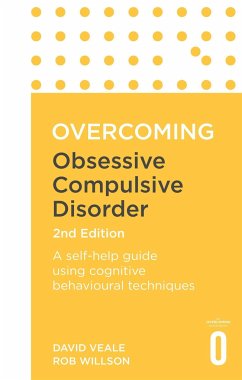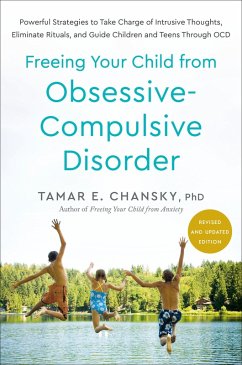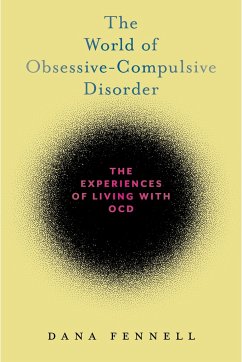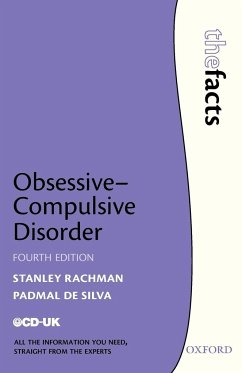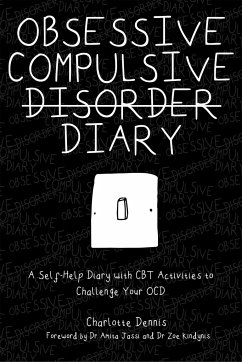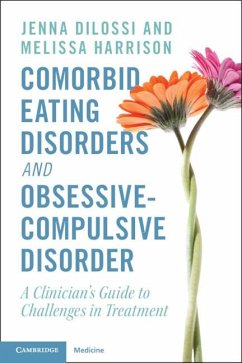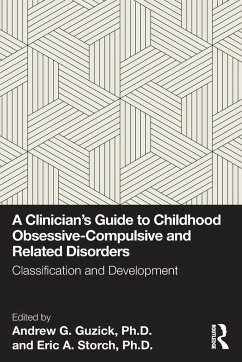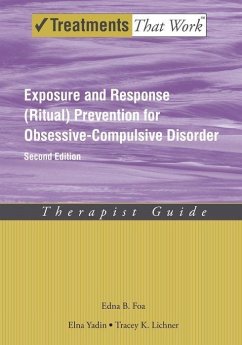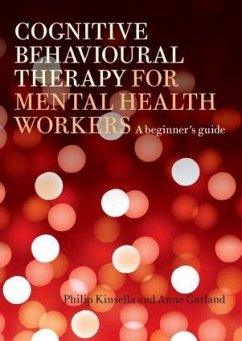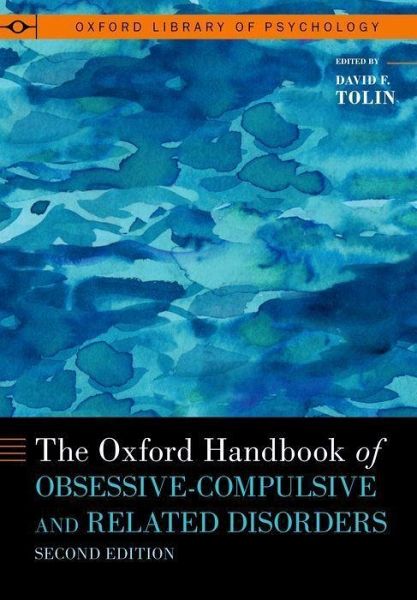
The Oxford Handbook of Obsessive-Compulsive and Related Disorders
Versandkostenfrei!
Versandfertig in über 4 Wochen
163,99 €
inkl. MwSt.
Weitere Ausgaben:

PAYBACK Punkte
82 °P sammeln!
The second edition of the Oxford Handbook of Obsessive-Compulsive and Related Disorders presents the latest information on the conceptualization of obsessive-compulsive disorder and its associated spectrum conditions. The volume begins by reviewing the prevalence and profiles of obsessive-compulsive disorder, body dysmorphic disorder, hoarding disorder, trichotillomania (hair-pulling disorder), and excoriation (skin-picking) disorder. The chapter authors include leaders in the field about the epidemiology, phenomenology, assessment, and treatment of ORCDs who discuss modern conceptualizations ...
The second edition of the Oxford Handbook of Obsessive-Compulsive and Related Disorders presents the latest information on the conceptualization of obsessive-compulsive disorder and its associated spectrum conditions. The volume begins by reviewing the prevalence and profiles of obsessive-compulsive disorder, body dysmorphic disorder, hoarding disorder, trichotillomania (hair-pulling disorder), and excoriation (skin-picking) disorder. The chapter authors include leaders in the field about the epidemiology, phenomenology, assessment, and treatment of ORCDs who discuss modern conceptualizations of the OCRDs, including neurocircuitry, genetic, behavioral, and cognitive models.




